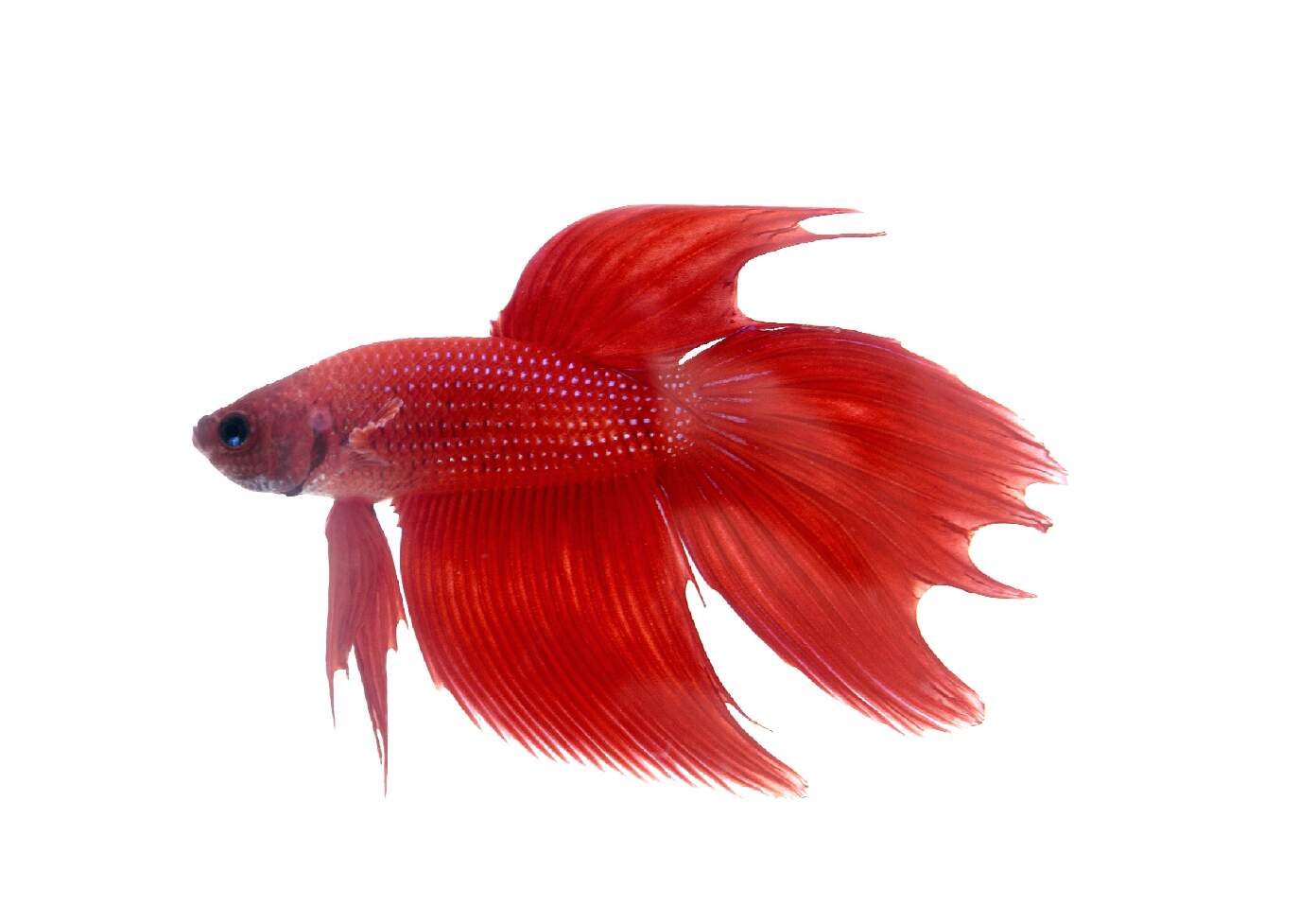Betta Fish Tank Setup: A Step-by-Step Guide for Beginners
The Ultimate Guide to Betta Fish Care: Vital Tips for Preserving a Healthy and Successful Aquarium Environment
Effective Betta fish treatment requires an extensive understanding of their distinct environmental and physical demands. Developing an appropriate aquarium starts with choosing the right tank size and ensuring optimal water conditions, which are vital for the health and wellness of your Betta.
Selecting the Right Container
Choosing the ideal tank for your Betta fish is vital to guaranteeing its health and wellness. Bettas prosper in environments that imitate their natural environments, which commonly include tranquility, warm waters. A container dimension of at least 5 gallons is suggested to offer appropriate swimming space, as smaller sized tanks can cause anxiety and health concerns for these vibrant fish.
When picking a tank, consider the tank's shape and filtering system. A rectangular storage tank is better to a dish, as it offers more surface area for oxygen exchange. Additionally, a trustworthy purification system is important to maintain water quality and lessen the regularity of water adjustments (betta fish). Nonetheless, it is essential to pick a filter with a mild circulation, as Bettas are not solid swimmers and might resist solid currents.
Temperature regulation is another vital aspect; Bettas like water temperature levels in between 76 ° F and 82 ° F. Spending in a good heater will certainly make certain that the water continues to be within this variety, advertising a healthy and balanced and energetic way of life for your Betta. Finally, offering appropriate tank decorations and hiding spots will certainly help in reducing anxiety and urge natural habits, better boosting your Betta's well-being.
Maintaining Water High Quality
Keeping ideal water top quality is crucial for the health and wellness and long life of Betta fish. This requires routine surveillance of different criteria, including temperature level, pH, ammonia, nitrite, and nitrate levels. Bettas prosper in temperature levels in between 76 ° F and 82 ° F, so keeping a steady temperature level is important. Sudden changes can bring about tension and ailment.
The pH degree need to preferably drop in between 6.5 and 7.5. Regular testing using a trusted water screening package can help guarantee these specifications continue to be within the ideal arrays. Ammonia and nitrite degrees need to constantly go to 0 ppm, as even reduced focus can be toxic to Betta fish. Nitrate levels should be maintained under 20 ppm to prevent long-term wellness concerns.
Normal water modifications are vital to keeping water high quality. Additionally, including a durable filtration system can aid in preserving water clarity and top quality, supplying a healthier environment for your Betta fish.
Ideal Feeding Practices
Giving a well balanced diet plan is important for the wellness and dynamic pigmentation of Betta fish, as their nutritional demands play a considerable role in their general well-being. Betta fish are carnivorous naturally, requiring a diet regimen high in protein. A mix of premium pellets, icy or online foods such as bloodworms, salt water shrimp, and daphnia can supply the important nutrients they require.
Feed your Betta fish a couple of times a day, providing just what they can eat within a couple of mins to stop overfeeding and keep water quality. Overfeeding can cause obesity and health and wellness issues, consisting of swim bladder disease. It is vital to check their dietary intake and adjust section sizes accordingly.
Along with healthy protein, a balanced diet should consist of vitamins and minerals to promote optimum health and wellness. Think about supplementing their diet regimen with high-grade flakes or pellets especially formulated for Betta fish, as these often have essential additives.

Producing a Suitable Environment

Water quality is vital; keep a temperature level between 76 ° F and 82 ° F, and guarantee the pH degree varies from 6 - betta fish.5 to 7.5. Normal water changes of 25-50% per week will assist maintain contaminants away and ensure a stable environment
Integrating plants and hiding areas is critical, as Betta fish are normally territorial and enjoy having areas to explore and pull back. Live or silk plants, together with caves and accessories, can develop a revitalizing atmosphere.

Regular Health Checkups
Carrying out regular wellness appointments is vital for making certain the wellness of Betta fish, as early discovery of potential problems can avoid significant health issue. These appointments ought to incorporate a complete evaluation of the fish's physical problem, habits, and ecological elements.
Begin by observing the Betta fish for any kind of indications of distress, such as sleepiness, loss of appetite, or uncommon swimming patterns. In addition, examine the fins and body for indicators of discoloration, sores, or fin rot, which can suggest infections or bloodsuckers. Frequently keeping track of the water quality in the fish tank is just as vital; parameters such as pH, ammonia, nitrite, and nitrate degrees need to be maintained within optimum ranges to avoid stress and anxiety and illness.
Moreover, take into consideration maintaining a log of health and wellness monitorings and water top quality tests. This record can assist in the recognition of fads or reoccuring issues. If any irregularities are found throughout the check-up, it is important to speak with a veterinarian experienced in water animals. Timely intervention can make a considerable have a peek at this website difference in the recovery of your Betta fish, making sure a long and healthy and balanced life in a well-maintained aquarium atmosphere.
Conclusion
In final thought, effective Betta fish care pivots on creating and maintaining an optimum fish tank environment. By adhering to these guidelines, aquarists can advertise the health and vibrancy of Betta fish, eventually resulting in a flourishing aquatic ecological community.